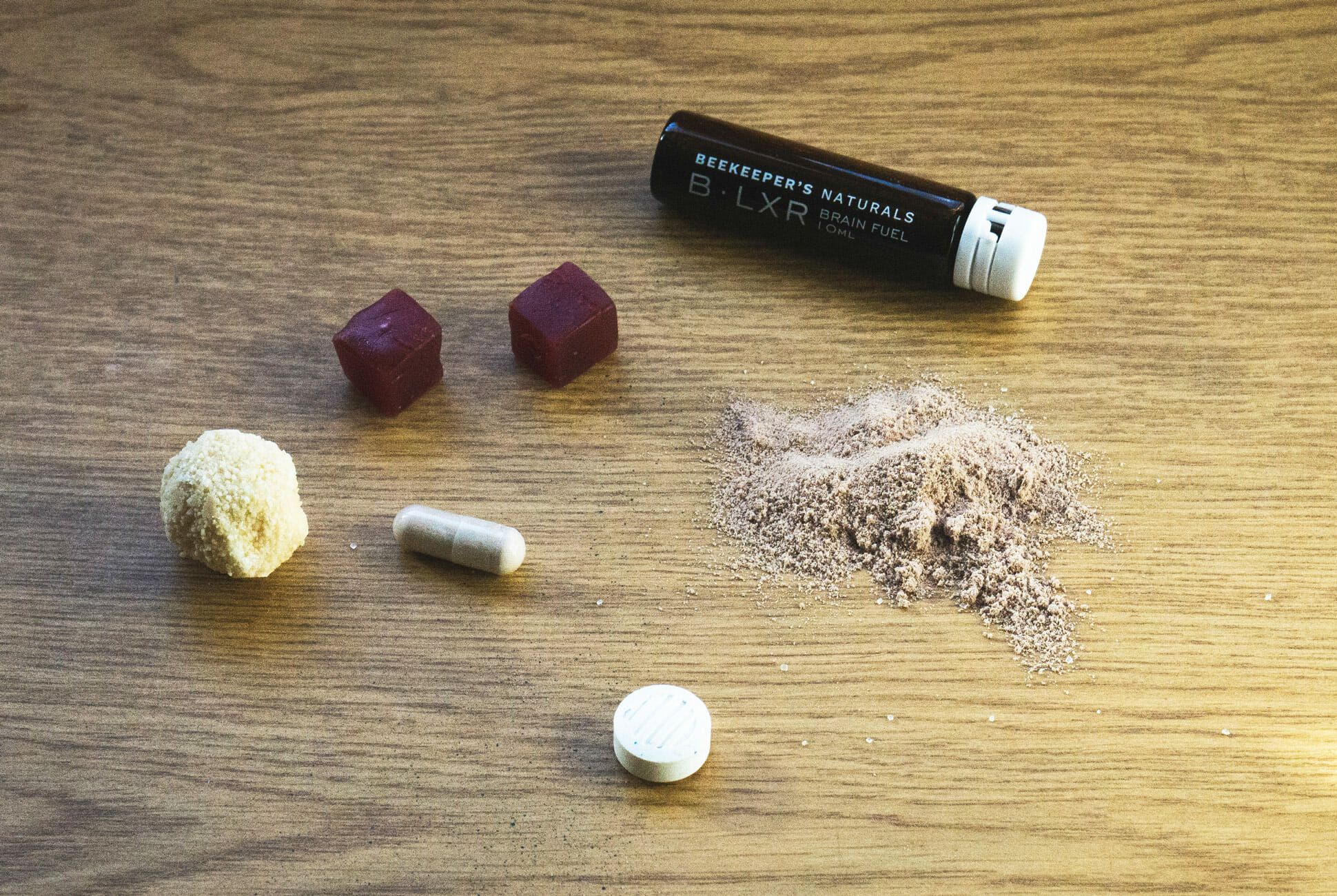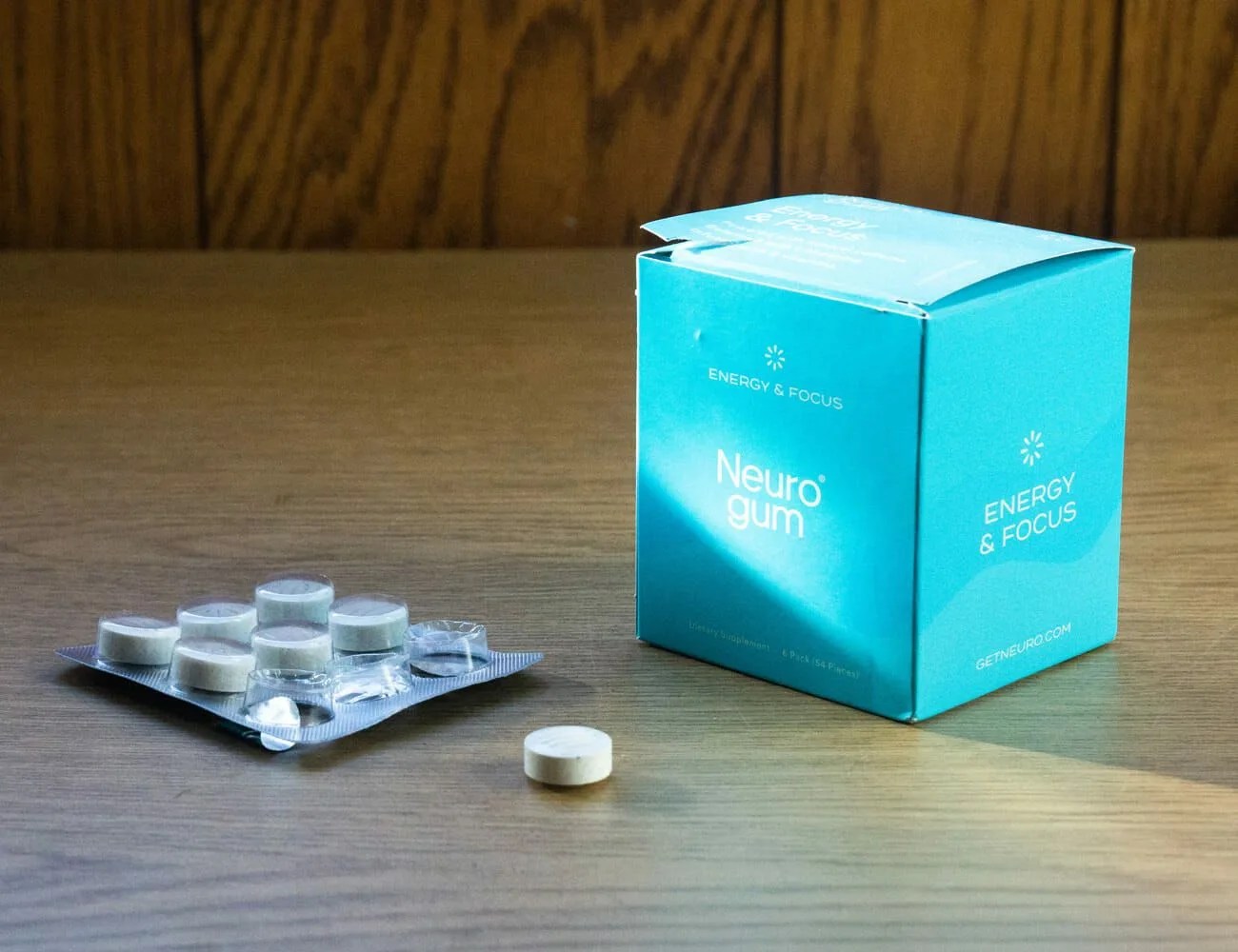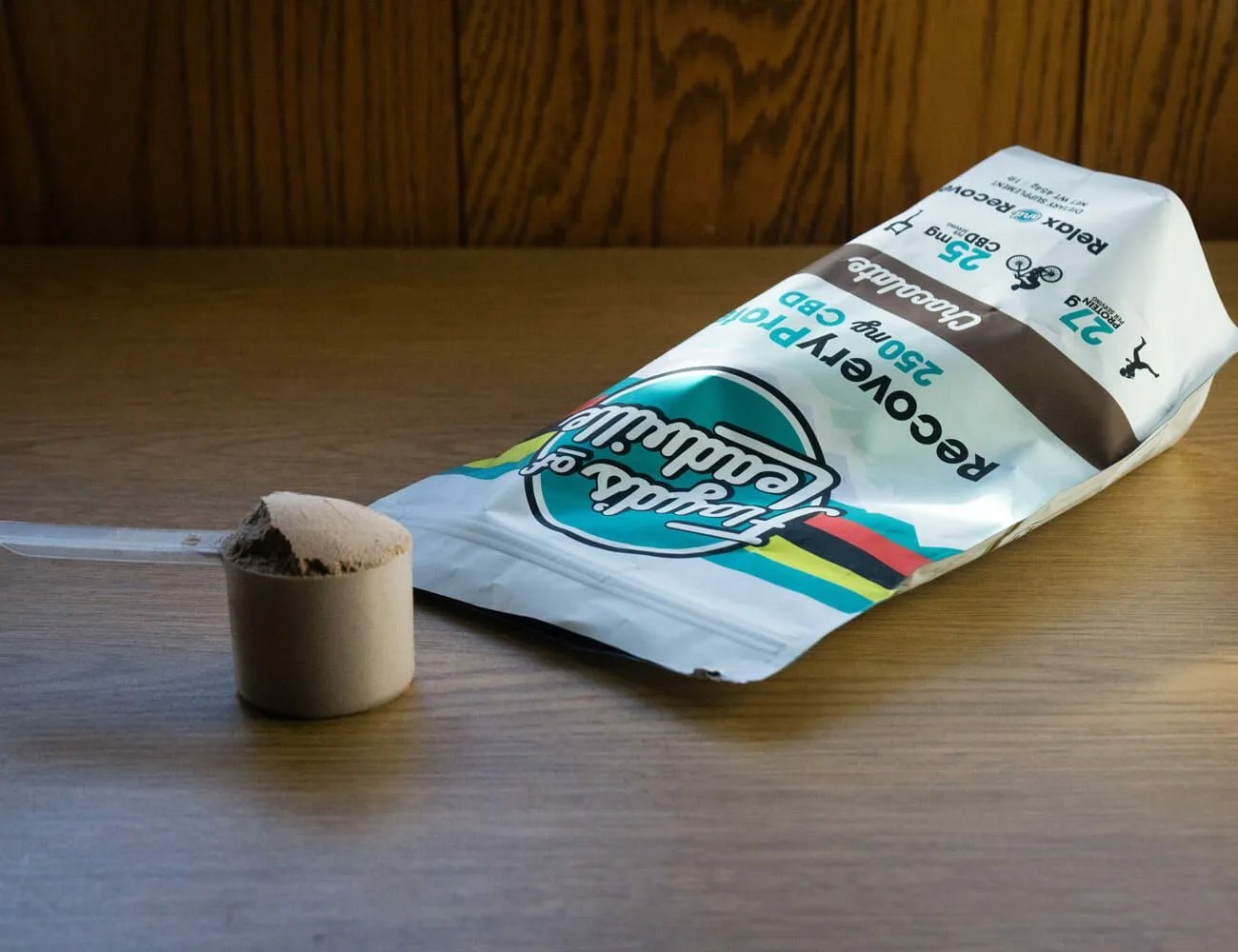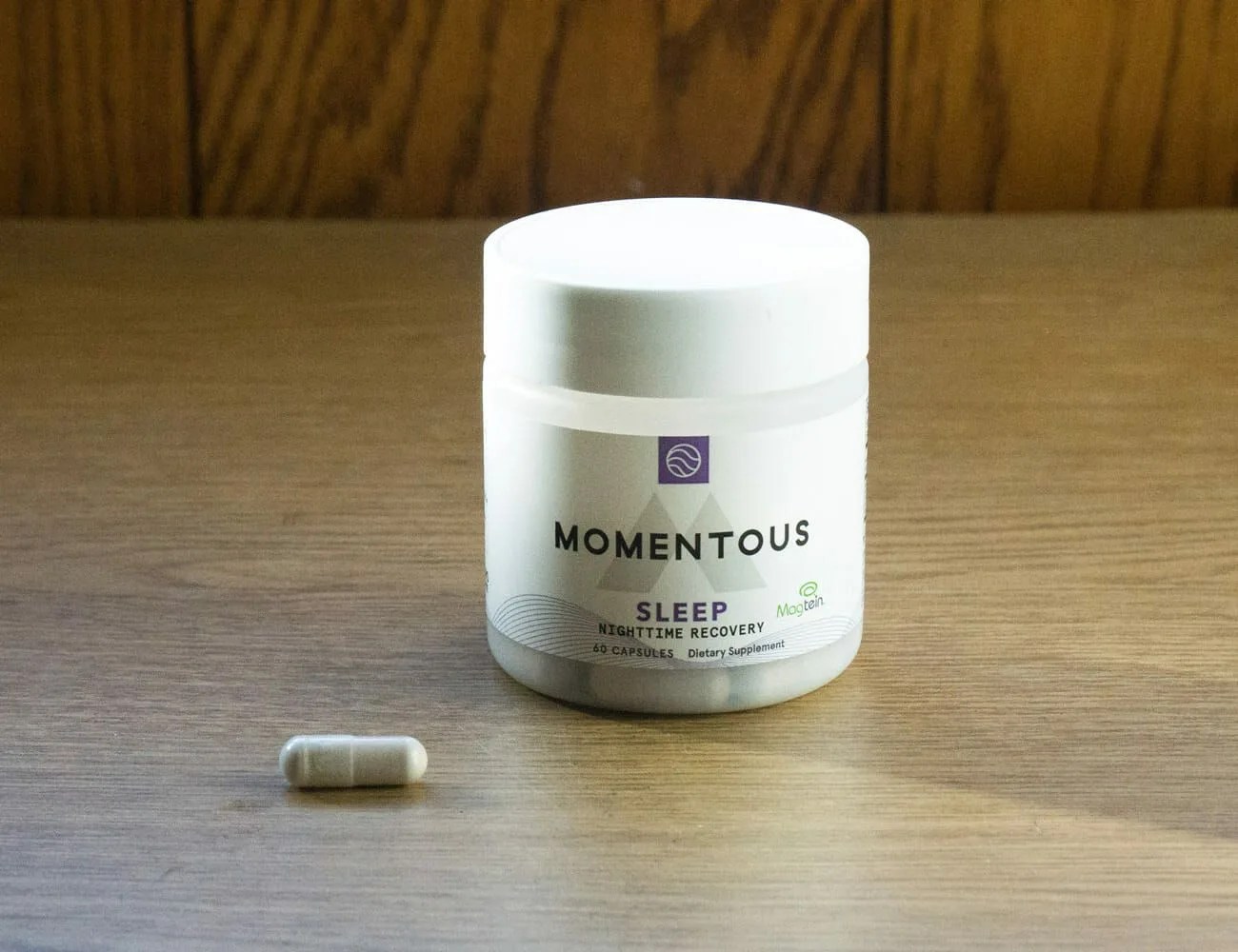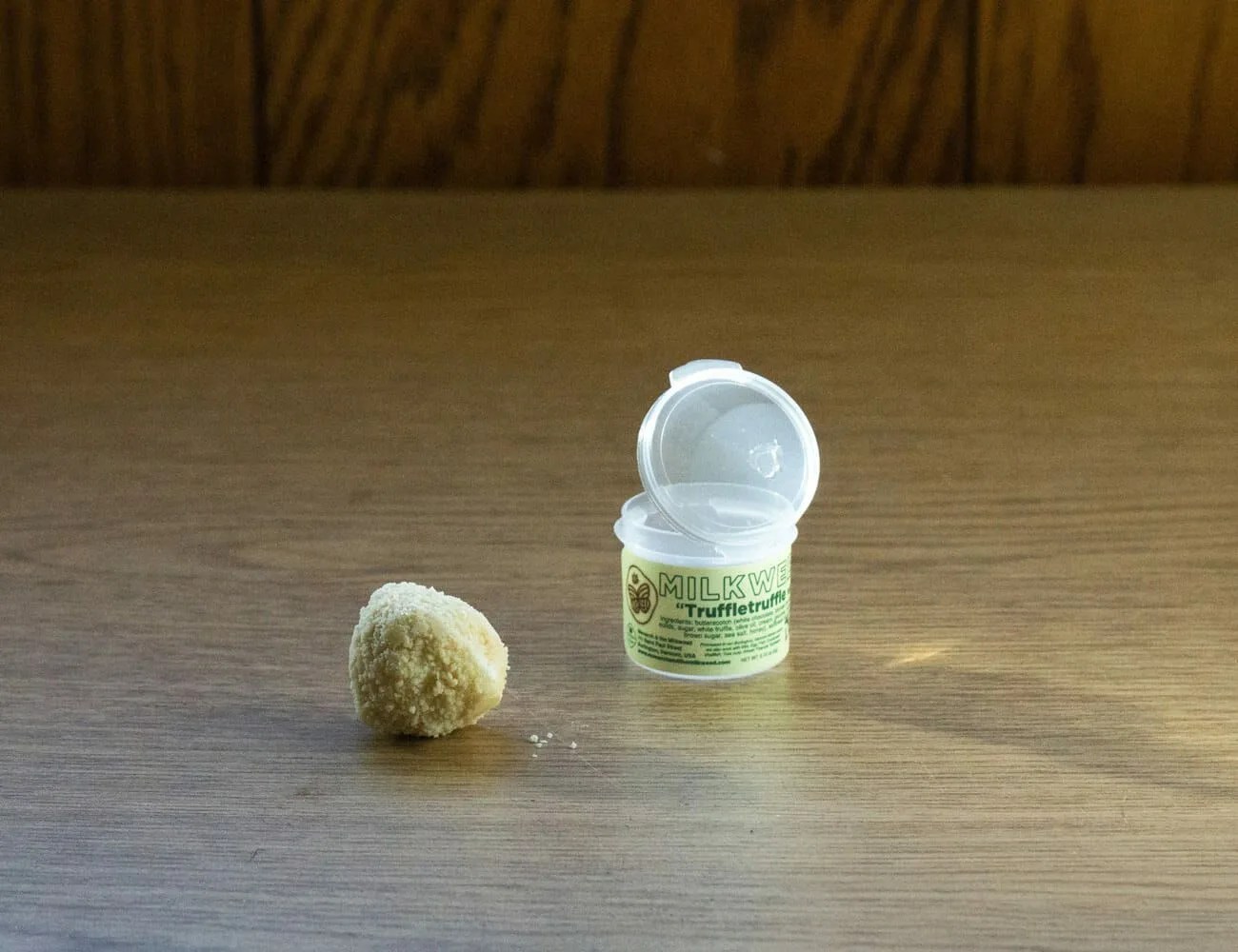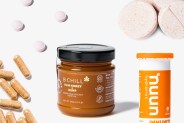When you write about products for a living, trying stuff out is part of the job. Product testing isn’t an exact science, though. It might entail heating up and cracking eggs into seven different cast iron skillets to see if they flip or stick. Or it might mean flying across the country to climb a volcano in clothing made by the guy on the other end of the rope that’s keeping you from plummeting into one of the crevasses that pierce its side.
A good product test derives from the product itself. It starts by taking the thing head-on; if Item A claims its primary reason for existence is to carry out Function Z, well, then Z is an excellent place to begin a test. That makes testing supplements an imprecise science.
Supplements — vitamins, tonics, CBD and more — are vague by legal definition in the United States. The Food and Drug Administration classifies and regulates them as food instead of drugs, which means that they aren’t subject to the rigorous testing and approval process that medication is. There probably isn’t much motivation to change that either, given that, according to the FDA, three out of four Americans use a supplement regularly, and the industry is worth $50 billion and counting.
“Increase energy,” “improve mental clarity,” “Support focus,” and “boost immunity” are a few top-line declarations you’ll find printed on the sides of jars of pills and tubs of powders. They take aim at the immeasurable abilities that are core to who we are and, in an era of constant visual and audio input, are constantly under assault. (Even if you want to take a break from it all by meditating, chances are you’re using an app to do that.) It’s no wonder that so many of us turn to supplements to make things better, if even just a little.
But if supplements don’t have to back up these generous and sweeping claims with a rigorous approval process, I don’t think my tests do either. So instead of finding a neuroscientist with the right background and equipment for measuring the effects of some of the substances I’ve recently been emailed about or sent via UPS, I decided to just pop ’em down the hatch and see how I felt. Call it the Eclectic Fuel-Aid Acid Test…
Beekeeper’s Naturals B.LXR Brain Fuel
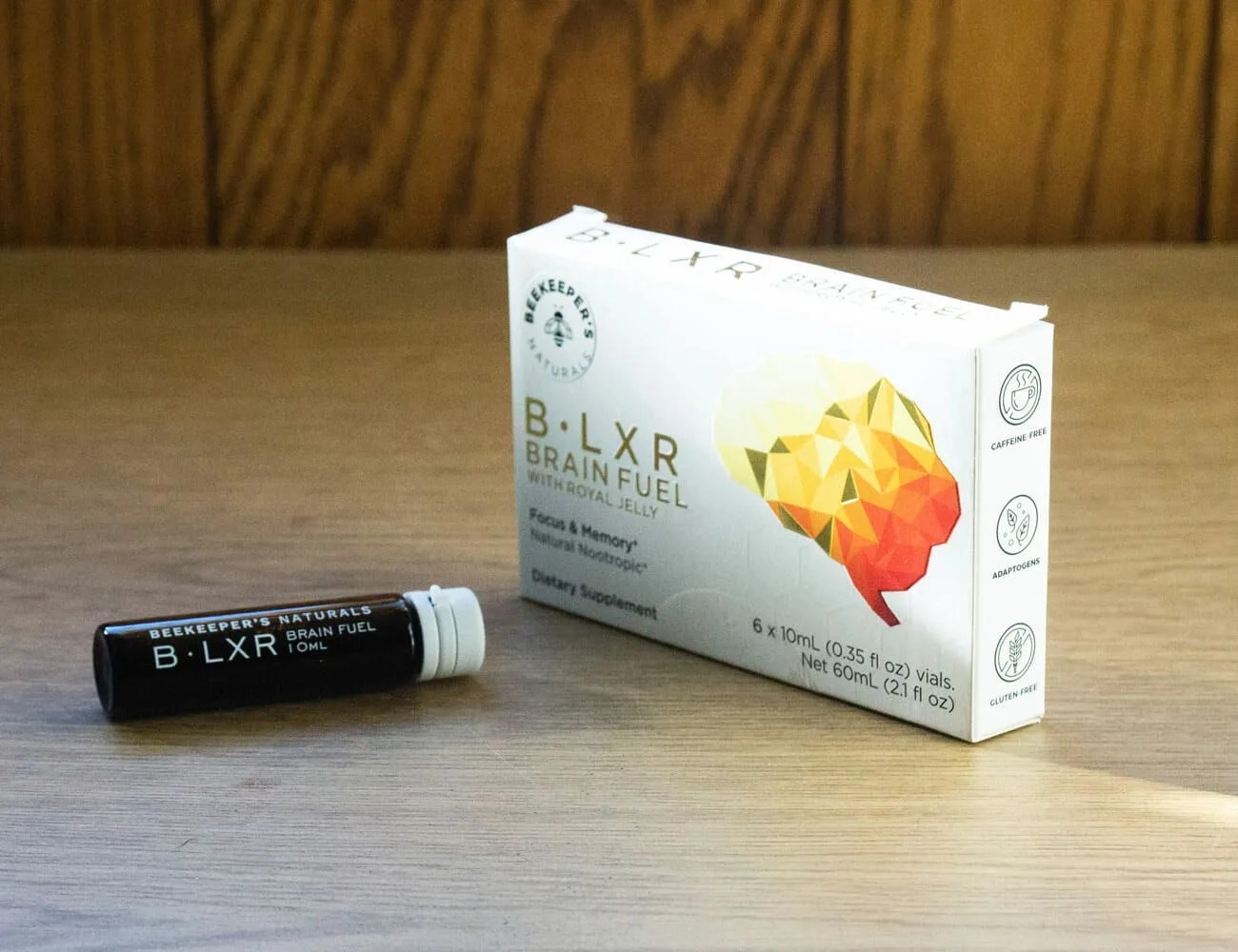
What It Claims to Do
“Fight brain fog,” “support focus and mental energy,” “get productive,” “caffeine-free energy” and “support focus and brain health.”
What It Is
The working ingredients in B.LXR are royal jelly, bacopa monnieri plant extract and ginkgo biloba leaf extract. The latter two are plant extracts common in Ayurveda, the Hindu system of medicine that relies on diet, herbs and physical wellness to promote holistic health. But the former is the more interesting one; royal jelly is a substance that worker bees secrete from their heads. It is sometimes called “bee milk,” and it earns its prestigious moniker because queen bees consume it while workers do not. It’s mostly water but does contain proteins, sugars, fats and minerals in small amounts.
Verdict
Honey bee head spit? B.LXR, a dark liquid that comes in little 10-milliliter glass vials, is easily one of the weirdest supplements to cross my desk (powdered thousand-year-old plant matter is another). The directions say to start with a third or a half of a bottle, but to tip back the entire thing for “PEAK brain power,” so that’s what I did.
It does not, I repeat, does not taste like honey. But it is honey-like, starting sweet before bearing into an herbal bitterness that calls to mind diluted echinacea, which must be the plant extracts at work in this mix. It did seem to give me a small, immediate kick. Was it a placebo? A high I was riding, knowing that I consumed the elixir of the bee gods? As the afternoon progressed, my energy, already sapped from a poor night’s sleep, waned as it typically does. Perhaps I should order enough vials to bathe in this stuff, like a queen bee larva.
